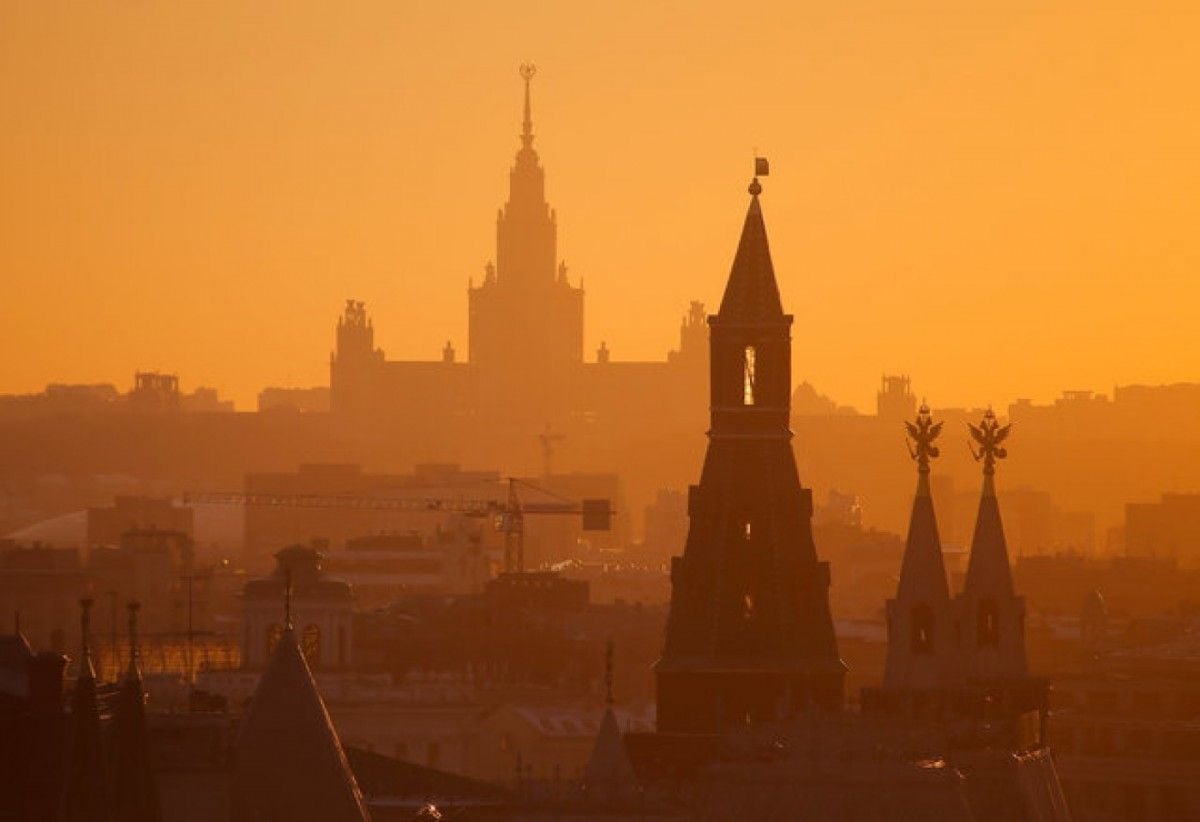
Russia's attempts to pull Ukraine into the Eurasian Economic Union failed, and Kyiv pretty much disrupted the Kremlin's "Napoleonic" plans, which ultimately stood behind Russia's aggression against Ukraine, says Viktor Mironenko, head of the Center for Ukrainian Studies at the Institute of Europe of the Russian Academy of Sciences.
Moscow had a plan, Mironenko told Segodnya, to become the center of a powerful economic entity, the Eurasian Economic Union, in order to strengthen its global position. However, Ukraine wasn't going to share the path with Russia as it sought to walk along with Europe, which put an end to the Kremlin's plans.
The expert recalled that the Russian economy is not the former economy of the Soviet Union. In terms of global weight, it stands at about 1% of the total mass. It turned out that Russia, as a nuclear power, does have certain weight in the world, albeit insufficient. He notes that Russia cannot catch up with the powers they would like to speak with on equal terms, primarily the United States.
"Having come to power, Putin had his own vision of what Russia's global weight should be, and what kind of Russia he would like to see... And one of the ideas that his entourage prompted was the idea of economic reintegration of the post-Soviet space, more precisely, parts of it. This is indeed a very strong and powerful idea, which, if implemented, would have solved many problems for Putin, including raising Russia's weight as the center of such an association. However, achieving this goal without Ukraine is simply impossible. Therefore, it was precisely the 'taming of the obstinate' Ukraine that became the focal idea of this right plan, which, unfortunately, is unfeasible under the existing conditions. But today very few people in Russia are aware of and understand the new Ukrainian economy, its policy, even its history. And it seems to me that there are no such people hatsoever in the Russian leadership, in Putin's entourage. And a systemic mistake has been made. The fact is that the modern economic and political systems of Russia and Ukraine are objectively incompatible," Mironenko said.
Read alsoPompeo assures Ukraine of U.S. support in countering Russian aggression – MFA
He noted that while Russia's key economic resource is energy (about 70% of budget revenues is brought by energy exports), in Ukraine it is both energy (albeit on a much smaller scale) and fertile land with a good climate, while the main resource is people.
"This human resource alone would allow rising up – economically and politically. And different economies also involve different political systems. It's one thing if the economic model is to get some money from the sale of energy resources, and then partially let someone's friends embezzle and partially spread funds across the vast country in a thin layer. And it's completely different when people are the main resource of the economy. They must know that their work will be paid for, that they will manage the results of their work. This is a liberal economic model, which provides for economic freedom and political freedom. So these two models turned out to be almost incompatible," said the expert.
Mironenko added that all this has largely sparked Russian aggression against Ukraine since 2014, when the Russian leadership finally realized that an integration plan involving Ukraine was impossible.

